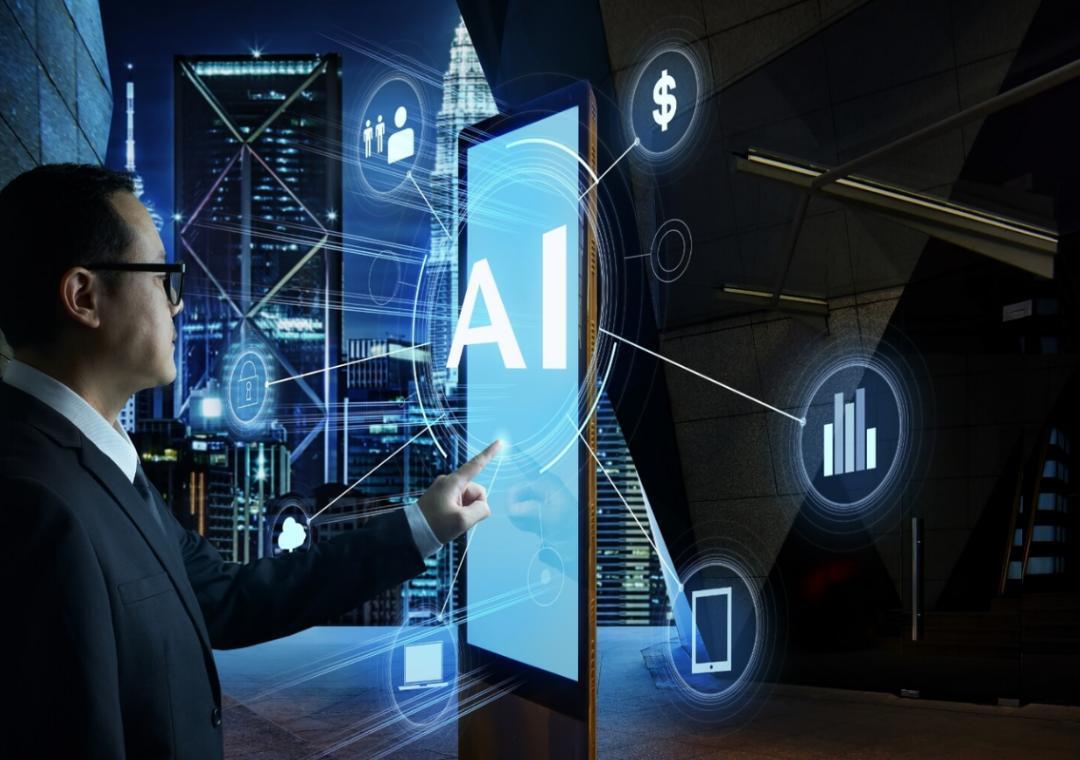
AI & ML now power over 77% of business processes
In today’s digital-first world, the notion of Artificial Intelligence (AI) and Machine Learning (ML) as futuristic concepts is a thing of the past. These technologies have evolved from mere buzzwords to operational essentials, with over 77% of enterprises relying on them to improve productivity, reduce costs, and personalize user experiences.
The shift towards AI/ML is no longer optional; it’s fundamental to staying competitive in a rapidly changing business landscape. As the lines between physical and digital continue to blur, companies that fail to adopt AI/ML risk being left behind, struggling to keep up with the pace of innovation and customer expectations.
So, what exactly is AI/ML, and why is it so crucial for businesses?
What is AI and ML?
AI refers to the ability of machines to perform tasks that typically require human intelligence, such as learning, problem-solving, and decision-making. Machine Learning, on the other hand, is a subset of AI that enables machines to learn from data without being explicitly programmed.
In simple terms, AI/ML involves feeding data into algorithms, which then analyze and process the information to produce insights, predictions, or recommendations. This allows businesses to automate repetitive tasks, identify patterns, and make data-driven decisions.
How is AI/ML important?
The impact of AI/ML on business processes is far-reaching and profound. Here are just a few examples of how these technologies are being used across industries:
- Customer Support: AI-powered chatbots are revolutionizing customer service, providing 24/7 support, and freeing up human agents to focus on more complex issues.
- Fraud Detection: ML algorithms are being used to detect and prevent fraud in real-time, reducing the risk of financial losses and protecting customer data.
- Personalization: AI-driven marketing campaigns enable businesses to deliver targeted, personalized experiences to customers, increasing engagement and loyalty.
- Predictive Maintenance: ML-powered predictive analytics help maintenance teams anticipate equipment failures, reducing downtime and improving overall efficiency.
- Supply Chain Optimization: AI/ML algorithms analyze data to optimize logistics, inventory management, and supply chain operations, reducing costs and improving delivery times.
The business benefits of AI/ML
The benefits of AI/ML are numerous and compelling:
- Improved Productivity: Automation of repetitive tasks and processes frees up human resources to focus on high-value activities.
- Cost Reduction: AI/ML can help reduce labor costs, minimize waste, and optimize resource allocation.
- Enhanced Customer Experience: Personalized interactions and real-time support improve customer satisfaction and loyalty.
- Data-Driven Decision Making: AI/ML provides businesses with actionable insights, enabling data-driven decision making and strategic planning.
- Competitive Advantage: Early adopters of AI/ML can gain a competitive edge, innovating faster and more effectively than their peers.
The future of AI/ML in business
As AI/ML continues to evolve, we can expect to see even more widespread adoption across industries. Some of the key trends and developments that will shape the future of AI/ML in business include:
- Edge AI: The increasing use of edge computing will enable AI/ML algorithms to process data in real-time, reducing latency and improving performance.
- Explainability and Transparency: As AI/ML becomes more prevalent, there will be a growing need for explainability and transparency in decision-making, ensuring accountability and trust.
- Human-AI Collaboration: AI/ML will be used to augment human capabilities, rather than replace them, in areas such as creative problem-solving and decision-making.
- Regulatory Frameworks: Governments and regulatory bodies will need to establish clear guidelines and frameworks for AI/ML adoption, ensuring responsible use and minimizing risks.
Conclusion
AI and Machine Learning are no longer futuristic concepts; they’re operational essentials. The shift towards AI/ML is fundamental to staying competitive in a digital-first world, and businesses that fail to adopt these technologies risk being left behind.
As AI/ML continues to evolve, it’s essential for businesses to stay up-to-date with the latest developments, trends, and best practices. By embracing AI/ML, organizations can improve productivity, reduce costs, and personalize user experiences, ultimately driving growth and success in an increasingly competitive landscape.
Source: https://www.growthjockey.com/blogs/what-is-ai-and-ml-how-is-it-important






